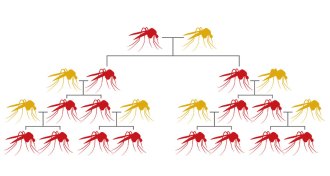
Senior writer Tina Hesman Saey is a geneticist-turned-science writer who covers all things microscopic and a few too big to be viewed under a microscope. She is an honors graduate of the University of Nebraska-Lincoln where she did research on tobacco plants and ethanol-producing bacteria. She spent a year as a Fulbright scholar at the Georg-August University in Göttingen, Germany, studying microbiology and traveling. Her work on how yeast turn on and off one gene earned her a Ph.D. in molecular genetics at Washington University in St. Louis. Tina then rounded out her degree collection with a master’s in science journalism from Boston University. She interned at the Dallas Morning News and Science News before returning to St. Louis to cover biotechnology, genetics and medical science for the St. Louis Post-Dispatch. After a seven year stint as a newspaper reporter, she returned to Science News. Her work has been honored by the National Academies of Sciences, Engineering and Medicine, the Endocrine Society, the Genetics Society of America and by journalism organizations.

Trustworthy journalism comes at a price.
Scientists and journalists share a core belief in questioning, observing and verifying to reach the truth. Science News reports on crucial research and discovery across science disciplines. We need your financial support to make it happen – every contribution makes a difference.
All Stories by Tina Hesman Saey
-
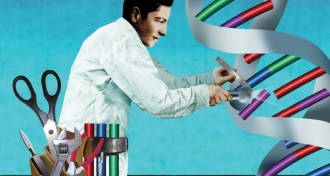 Life
LifeCRISPR inspires new tricks to edit genes
CRISPR/Cas9 has been a rockstar gene-editing tool for just four years and it’s already being tweaked to do more things better.
-
 Genetics
GeneticsDarwin’s Dogs wants your dog’s DNA
The Darwin’s Dogs citizen science project is collecting canine DNA to better understand dog genetics and behavior.
-
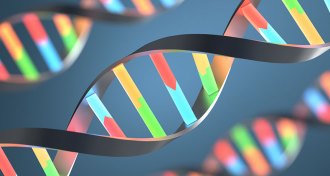 Genetics
GeneticsGenetic diversity data offers medical benefits
Study of protein-producing DNA narrows down disease-causing genetic variants.
-
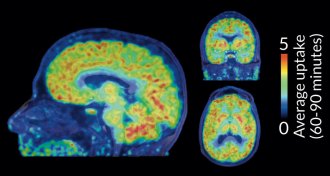 Genetics
GeneticsScientists get a glimpse of chemical tagging in live brains
For the first time scientists can see where molecular tags known as epigenetic marks are placed in the brain.
-
 Genetics
GeneticsScientists get a glimpse of chemical tagging in live brains
For the first time scientists can see where molecular tags known as epigenetic marks are placed in the brain.
-
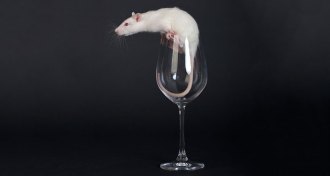 Genetics
GeneticsRats offer clues to biology of alcoholism
Heavy-drinking rats are giving scientists new genetic clues to alcoholism.
-
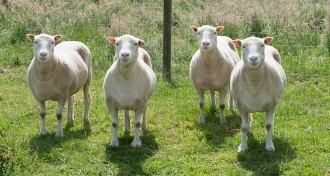 Genetics
GeneticsDolly the Sheep’s cloned sisters aging gracefully
Cloning doesn’t cause premature aging in sheep.
-
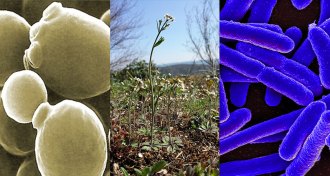 Genetics
GeneticsSwapping analogous genes no problem among species
Many genes are interchangeable between yeast, bacteria, plants and humans.
-
 Genetics
GeneticsHerbicide no match for fruit flies’ gut microbes
Friendly gut bacteria team up to break down herbicide that might otherwise harm fruit flies.
-
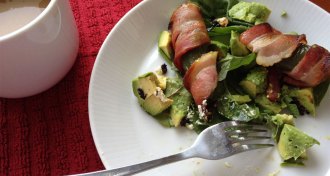 Health & Medicine
Health & MedicineNo one-fits-all healthy diet exists
Mice’s response to diet varies with their genes.
-
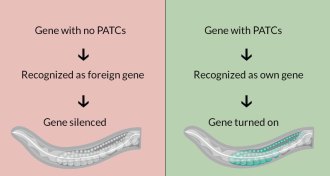
-
